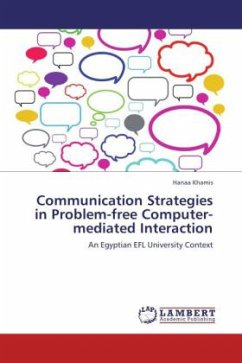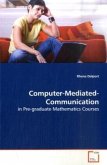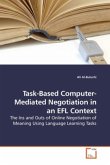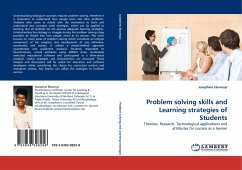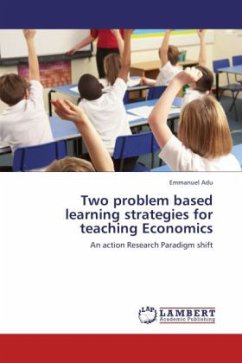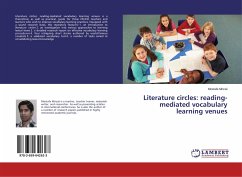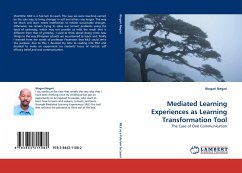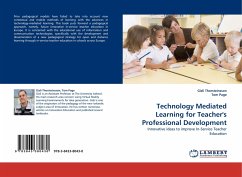In 2007-2008, a pre-Jan 25 Revolution time in Egypt, the use of computer-mediated communication (CMC) among the youth was not taken seriously. It was regarded as a pastime activity . At the time, the writer believed in the potential of this new medium in enhancing agency and empowering learners to challenge ideas in a problem-free context. The notion was and still is debated, since the focus on accuracy is predominant. Frowned-upon nonnative uses are seen problematic. Since Jan 2011, the Egyptian youth have used CMC in the most innovative ways to communicate and effect change in their country. This is beyond the dreams of any observer or researcher but is definitely a sight for sore eyes. This book highlights a study investigating four communication strategies in CMC interactions among 15 Egyptian EFL students. The data revealed variations in the use of strategies between and within different modes. Factors that may lead to high/low interactivity are discussed. Useful tips for EFL teachers probing CMC grounds are shared. The book concludes with its emphasis on analyzing learner interactions through a problem-free lens focusing on communicative successes more than limitations.

